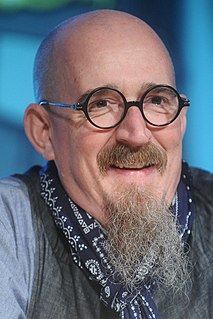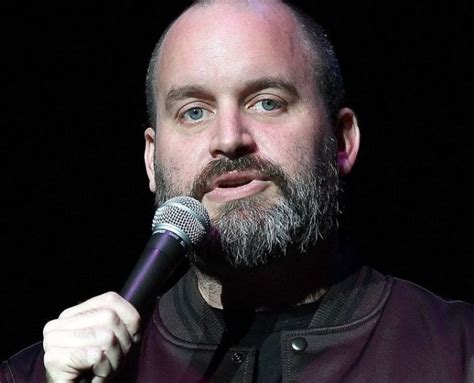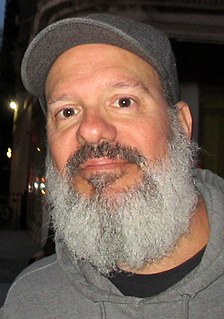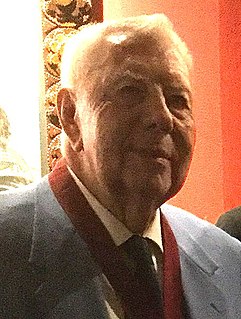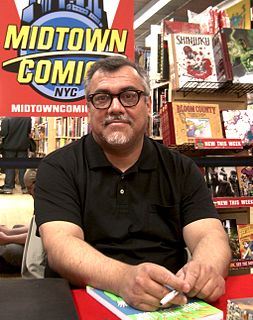A Quote by Brian Azzarello
I know '100 Bullets' is not what traditionally people think of as comics.
Related Quotes
We've traditionally thought of media on this traditional left/right spectrum and most media's kind of clustered in the center and I think people have traditionally thought of HuffPost as being this kind of liberal, progressive voice and that's, you know I think they're are good reasons for thinking that. I mean it started after George W. Bush was reelected and was an answer to the Drudge Report.
There are a lot of good comics, no doubt, but as far as the quality of the comics goes, I think what you have is a bunch of situational comics - there are black comics that work only black crowds, gay comics that do only gay crowds, and southern comics that only work down South, and so on with Asian, Latino, Indian, midgets, etc. The previous generation's comics were better because they had to make everybody laugh.
I think when you look at the diversity of the readership, all the different people who love comics, I want comics to reflect the real world, and I think Marvel does a good job of trying to do that, but I don't think there's ever an end point when it comes to creating diversity and creating stories that people can relate to.
